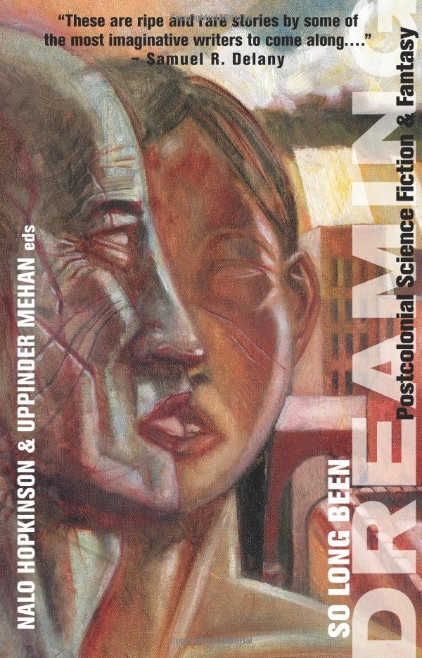Planet Marx
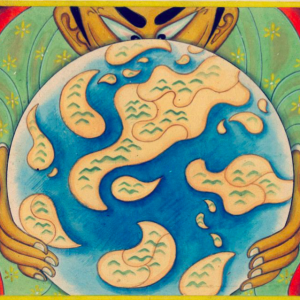
Welcome to Planet Marx
Planet Marx
Time: 2019
Author: Long March Project
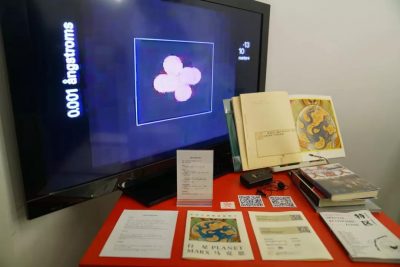
Meeting #1: How Does Planet Earth Become a Sensor?
Planet Marx
Time: March 21, 2019
Location: Long March Space, Beijing
Guest speakers: Zhao Yao, Wang Yijia
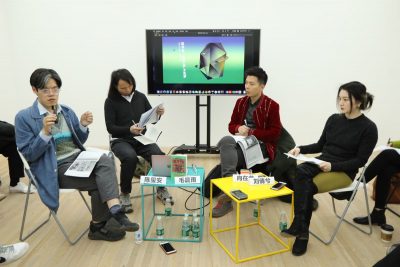
Meeting #2: Earthen, Earthy, Earthly
Planet Marx
Time: April 21, 2019
Location: Taikang Space, Beijing
Guest speakers: Xiang Zairong, Mao Chenyu
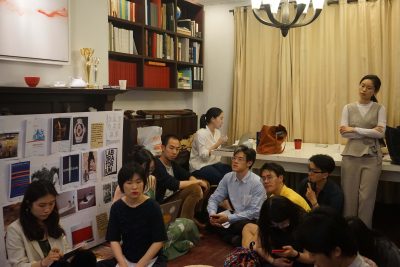
Meeting #3: Chemical Dirt
Planet Marx
Time: May 18, 2019
Location: Center for Visual Studies of Peking University, Beijing
Guest speakers: Jo Wei, Zhangbolong Liu
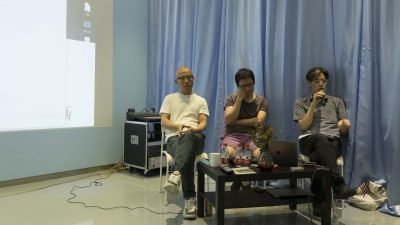
Meeting #5: Broken Production Chain
Planet Marx
Time: June 22, 2019
Location: KWM Art Center, Beijing
Guest speakers: Liu Wei, Song Yi
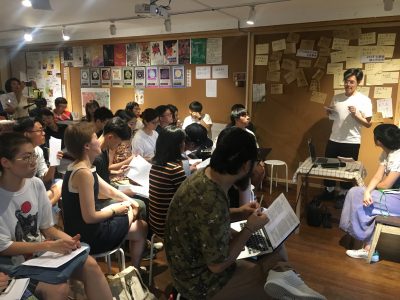
Meeting #6: Cosmos Cooling
Planet Marx
Time: August 3, 2019
Location: 706 Youth Space, Beijing
Speaker: Jia Weng
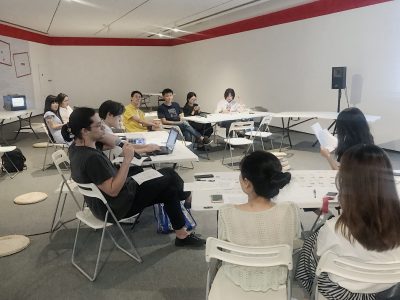
Meeting #7: Disintermediation
Planet Marx
Time: August 24, 2019
Location: Minsheng Art Museum, Beijing
Speaker: David Xu
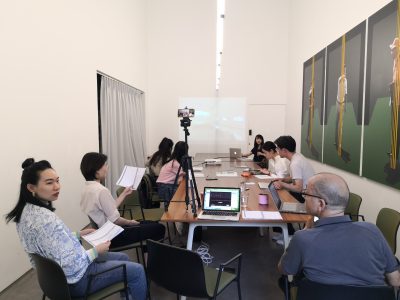
Meeting #8: Post-historic Magic
Planet Marx
Time: September 21, 2019
Location: Long March Space, Beijing
Speaker: Xu Ruiyu
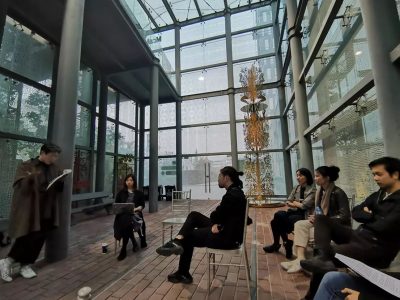
Meeting #9: How to Surgically Exorcise with Technology?
Planet Marx
Time: November 10, 2019
Location: Ming Contemporary Art Museum (McaM), Shanghai
Guest shaman (spirit path): Lin Lichun
Guest speaker (reading path): Long Xingru
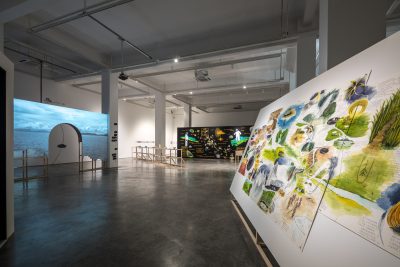
Long March Project: The Deficit Faction
Planet Marx
Time: November 2, 2019 – January 8, 2020
Location: Long March Space, Beijing
Artists: Yin-Ju Chen & Li-Chun Lin, Sheryl Cheung, Aracha Cholitgul, Fong Fo, Hotel Asia Project with Gen Sasaki & Keiichi Miyagawa, Ayoung Kim, Meiro Koizumi, Lee Kai-Chung, Yong Xiang Li, Liang Shuo, Long March Collective, Mao Chenyu, Planet Marx, Xiaoshi Qin, Alessandro Rolandi & Zhao Tianji (Social Sensibility R&D Department), Miti Ruangkritya, Tao Hui, Yi Xin Tong, Wang Tuo, Xiyadie
Welcome to Planet Marx
Planet Marx
Time: 2019
Author: Long March Project
In his 1996 lecture entitled “The Smallness of the Earth and the Largeness of the Earth”, Yu Guangyuan, a philosopher and close adviser to Deng Xiaoping, pointed out the potential of Marxist scientism in forward-looking planning. Yu’s writing depicts a dialectical image of the Earth as a precondition for human existence and a body entrenched within a “technosphere”. Its complexity lies in the hypothesis that preservation and development of the earth could and should go hand in hand. To depart from such philosophy-abetted techno-optimism, Long March Project is taking up this provocative and controversial hypothesis to host a year-long research-based program titled Planet Marx, consisting of an open reader platform and a reading club with a series of curated seminars.Planet Marx intends to search for historical texts that respond to our current crises in cultural imagination. Our assumption is: each time the world goes through change on a planetary scale, thinkers from all fields, whether they be Sci-Fi writers, ethnographers, or Marxist literary critics, will search for understandings of a new relationship between nature, ecology indigeneity, and technology as active adaptation to the environmental crises.
We invite ongoing exhibition/research projects to share their reading materials at the intersection between technology, nature, indigeneity, and ethnicity. These texts will be collected and compiled to form a series of cross-exhibition readers, which function as tissues and neurons between different exhibitions, aiming for an organic discursive framework.
What is Planet Marx made of?
Planet Marx is composed of two parts: an online reader platform hosted on a Facebook Group and a curated series of seminars for an offline reading club based in Beijing. The online reader platform aims to collect materials, and could be used as a shared common reader, whereas the offline reading club draws selected texts from the online reader and aims to compare, analyze and generate new discourses, which will then be fed back into the online reader platform. We welcome all forms of ongoing research programs about technology, nature, indigeneity, and ethnicity to put forward relevant texts concerning their research. Knowledge from these multiple projects will be assembled into a common reader for further dissemination.
From which texts does Planet Marx draw inspiration?
Peter Kropotkin (Russia, 1842–1921)
Introduction to Mutual Aid: A factor of Evolution (1902)
From: Peter Kropotkin, Mutual Aid: A factor of Evolution, Beijing: The Commercial Press, 1963.
The Russian anarchist Peter Kropotkin was a geographer, cartographer, and also an enthusiast of gardening. In an era when the Darwinist idea of competition and natural selection as key factors in evolution dominated Europe, Kropotkin’s early experience of exploring Siberia and Manchuria led to a different conclusion, in which species can never evolve in an environment of meager resources and fierce competition. For Kropotkin, in such freezing surroundings species could only adapt to their environment through mutual aid. This excerpt provides us with insight on how environment plays an important role in shaping Leftist discourse. If Darwinist natural selection is still popular within the cultural sphere under the updated rhetoric of Liu Cixin’s “Dark Forest Theory” in his novel The Three-Body Problem, then this text will be helpful to imagine an entirely different ontological framework.
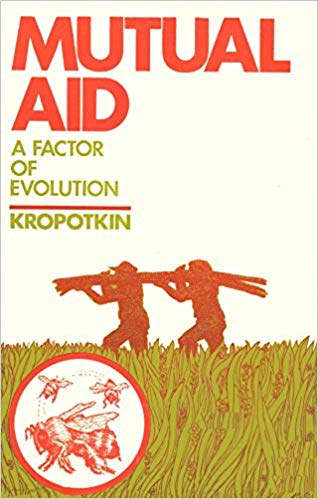
Yu Guangyuan (China, 1915–2013)
The Smallness of the Earth and the Largeness of the Earth—A Grand Idea on 21st Century Construction (1996)
From: Yu Guangyuan, A Philosophical School is Rising in China, Nanchang: Jiangxi Science and Technology Press, 1996.
As part of a think tank initiated by Deng Xiaoping, the philosopher of technology Yu Guangyuan came up with the concept of “the Smallness of the Earth and the Largeness of the Earth”, giving a concrete image to the notion of a “technosphere” while indicating the ecological views of the Marxist political party. From our point of view today, talking about “the humanization of nature”, and thinking of humans and nature as mere resources, is indeed an anthropocentric position to be further decolonized. But such characterization of nature and the relationship with extraction remains nevertheless complex and shows Chinese Marxists’ attempt to revise Marxist discourse from the theory of class struggle to that of control, which has rarely been discussed.
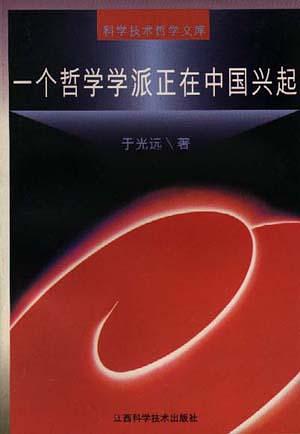
Li Zehou and Liu Zaifu (China, 1930–; 1941–)
About Material Monism and Spiritual Pluralism (1995)
From: Li Zehou and Liu Zaifu, Farewell to Revolution: Looking Back on Twentieth-Century China, Hong Kong: Cosmos Books, 1995.
The most influential argument that Li Zehou raised in the 1990s was about the entangled relationship between two modes of Chinese modernization: Enlightenment and revolution. The epistemological legacy of Enlightenment from May Fourth Movement and the legacy of Lu Xun was revived in China during the 80s; while practices debating revolution could be easily found in the artistic debate of “ethnic forms” in the 40s, the Mass Art of the 60s, and even in contemporary Sci-Fi nationalism. Yet there is a less often touched upon topic: the advocacy for “spiritual ecology” and “multiple symbiosis” aiming to find an evolutionary, reformist trajectory from a Marxist perspective.
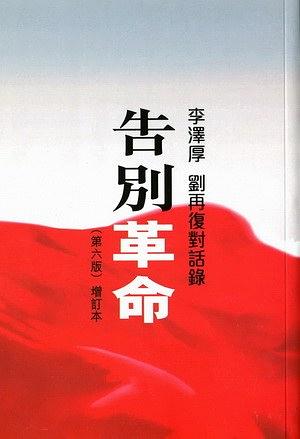
Tong Enzheng (China, 1935–1997)
Human Culture and Ecological Environment (1989)
From: Tong Enzheng, Cultural Anthropology, Shanghai: Shanghai People’s Publishing House, 1989.
As a pioneer who had been writing science fiction since the 1950s, Tong Enzheng led the popularity of Sci-Fi during the early stages of Chinese economic reform. Tong believed that science fictions should have their distinctive ethnic features. Therefore, in his novels, what is to come may often have its referential roots in the distant past. Tong is also an important figure in the field of anthropology. In the work Cultural Anthropology, he investigates the relationship between technology and nature (through the lens of anthropology), and concludes that, in order to solve the dilemma that we are facing, mankind “should not rely on the development of science and technology alone” but needs to consider “the adaptive relationship between man and nature”. Perhaps, to measure the value of science fiction is to judge how well it asks practical questions, such as how people can adapt to nature and how nations can adjust to science.
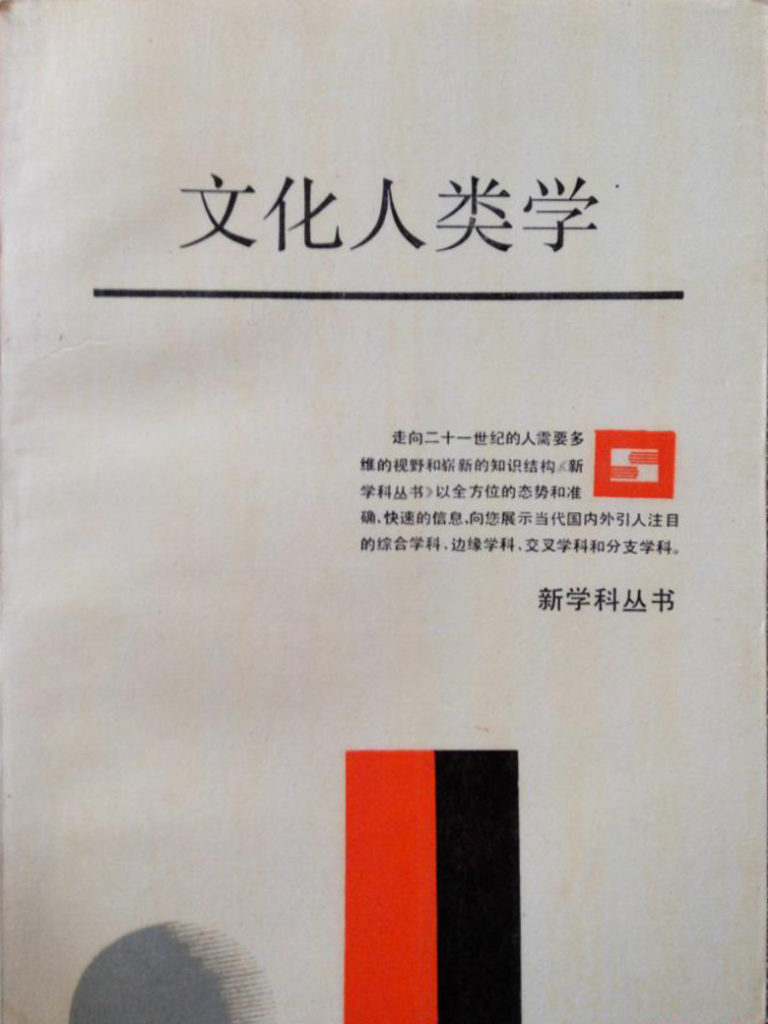
Amitav Ghosh (India, 1956–)
Climate and Science Fiction (2016)
From: Amitav Ghosh, The Great Derangement: Climate Change and the Unthinkable, Berlin: Berlin Family Lectures, 2016
In his non-fiction work The Great Derangement: Climate Change and the Unthinkable, Amitav Ghosh points out that the crisis of climate, by essence, is the challenge that (our) culture and imaginations face. Climate conditions have always been in the background of every literary works and the point is to re-imagine how these backdrops in literature formed the direction of our desire. In the selected piece, Ghosh investigates the effect that rainy and freezing days, a result of the explosion of the world’s largest volcano in 1815, had on Mary Shelley’s creation of Frankenstein.
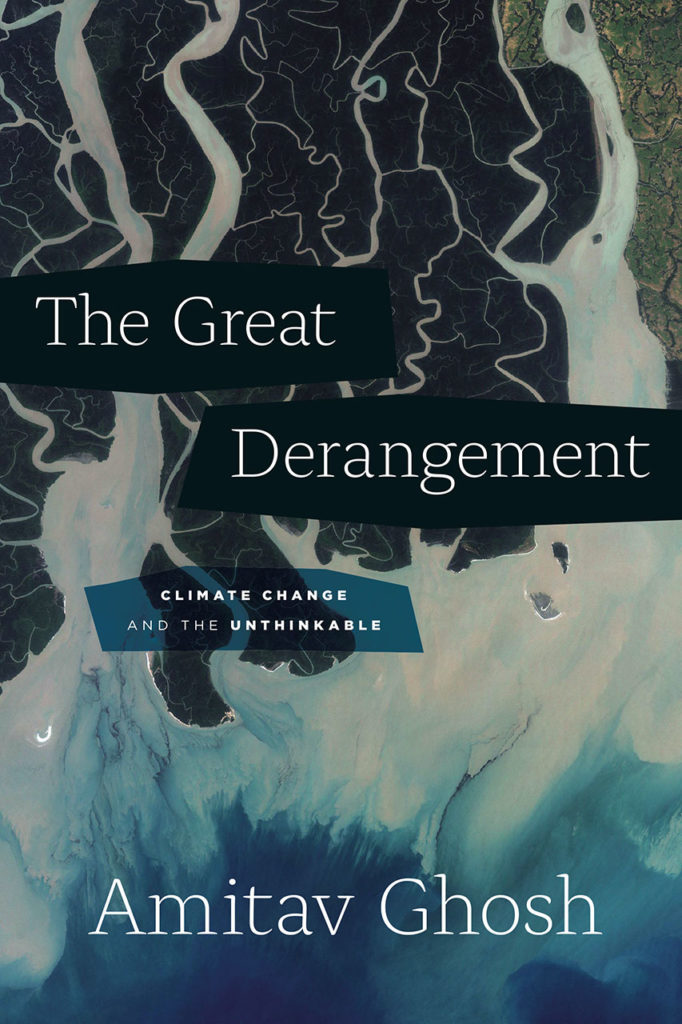
Nalo Hopkinson (Jamaica, 1960–)
Massa’s Tools (2004)
From: Nalo Hopkinson and Uppinder Mehan eds, So Long Been Dreaming: Postcolonial Science Fiction & Fantasy, Vancouver: Arsenal Pulp Press, 2004
In the anthology of postcolonial Sci-Fi literature she co-edited, Nalo Hopkinson wrote a preface revealing the ‘double helix structure’ of Sci-Fi as a literary genre. Sci-Fi, serving as ‘a master’s instrument’, always comes with the risk of having internalised the coloniser’s ideology. For example, one may realise the rationality of colonisation in many classic science fiction stories, as they often include depictions of human beings expanding settlements on another planet, which in reality was experienced as an undisputed historical fact by many marginalised groups. Her further argument is that a good Sci-Fi writer should dedicate themselves to struggling against such toxic unconsciousness, and try to adopt non-Western literary devices to endorse alternative possibilities of technological evolution.
